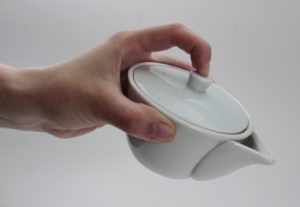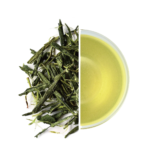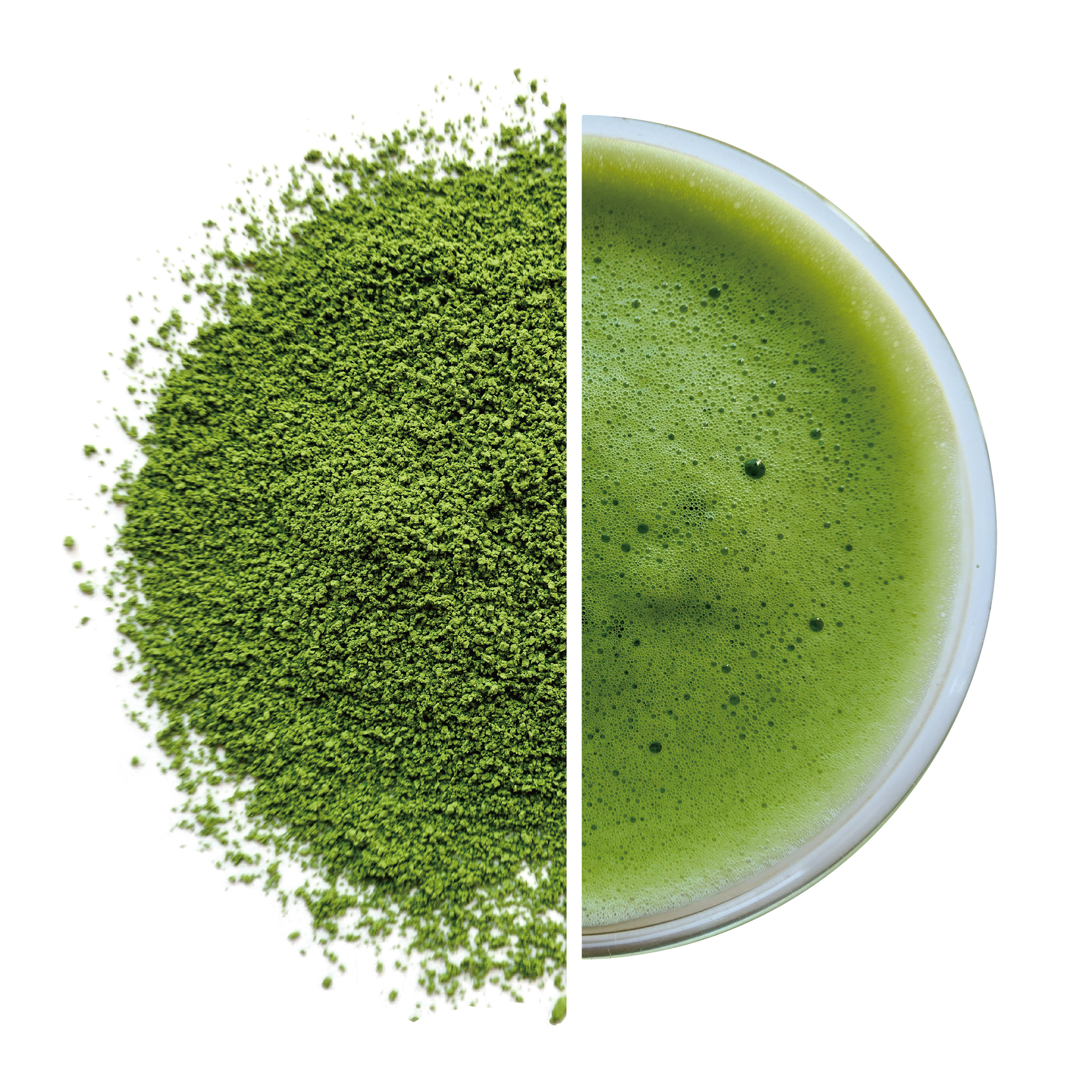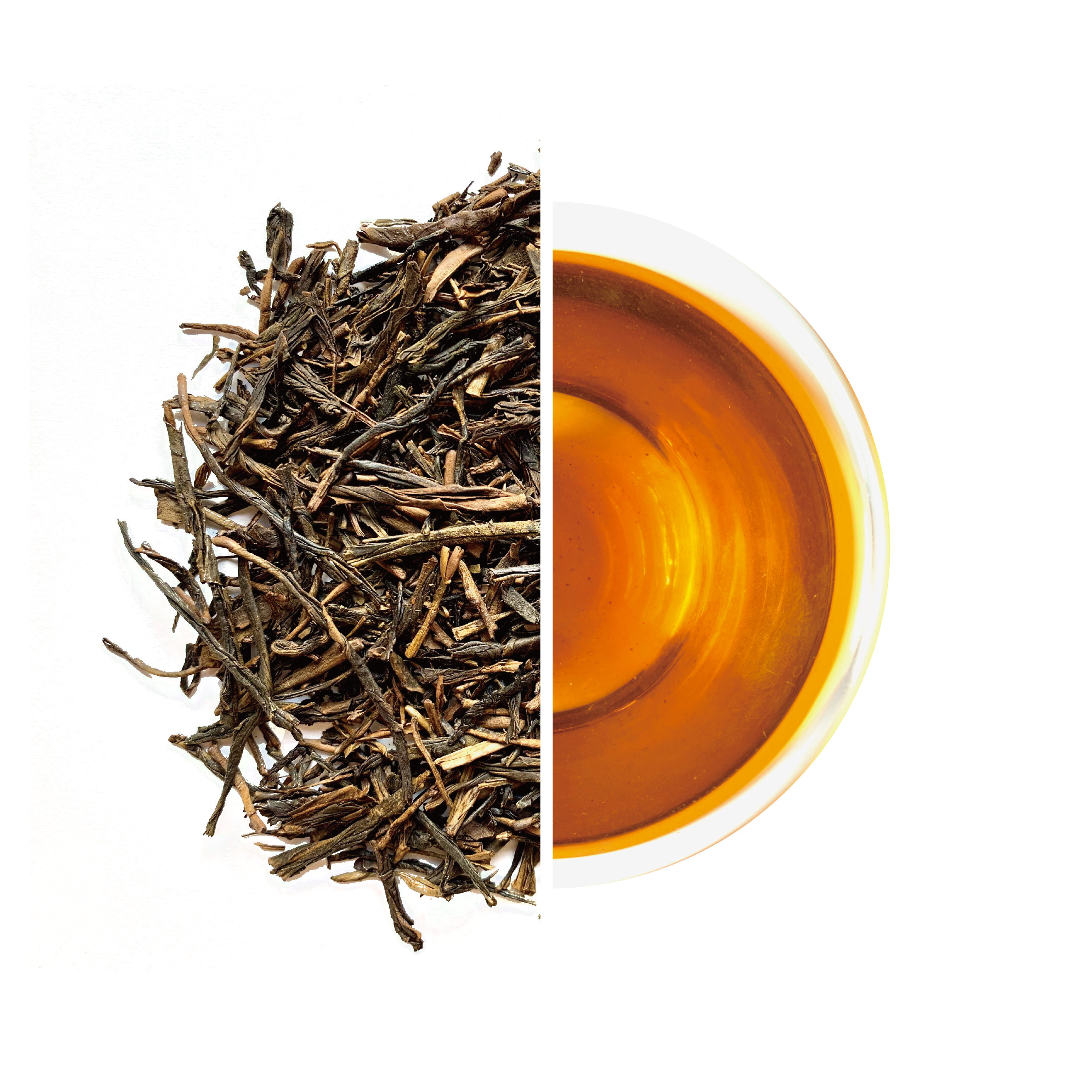Description
 Even in Japanese households this teapot is rarely found. It might look like an object of art or a collectible at first sight, but it is a truly professional tea ware. Literally translated Houhin means „treasure bottle“, giving away its main purpose: brewing the highest quality teas like Gyokuro and Kabuse Sencha.
Even in Japanese households this teapot is rarely found. It might look like an object of art or a collectible at first sight, but it is a truly professional tea ware. Literally translated Houhin means „treasure bottle“, giving away its main purpose: brewing the highest quality teas like Gyokuro and Kabuse Sencha.
Houhin is smaller than other Japanese teapots, has no handle and a wider spout. The size is very efficient to accommodate the tea leaves-water-ratio and is therefore highly recommended by tea professionals. The pouring might feel a little inconvenient in the beginning because of the missing handle, but one gets quickly used to it and doesn’t want to miss it ever again.
How to use a Houhin
 You pour according to the « three-finger-method“: hold the upper edge of the pot between thumb and middle finger and place the index finger on the knob on top of the lid. As the high grade teas are mostly brewed at a lower temperature, you will not burn your fingers.
You pour according to the « three-finger-method“: hold the upper edge of the pot between thumb and middle finger and place the index finger on the knob on top of the lid. As the high grade teas are mostly brewed at a lower temperature, you will not burn your fingers.
Our Houhin are made with the Mino-yaki pottery technique of Tajima, Gifu Prefecture. Text sources date Mino-yaki pottery back to 905, recommending Mino for its fine ash-glazed stoneware. During Kamakura and Muromachi jidai the use of potter wheels and more sophisiticated pottery in a Chinese-derived style became popular. In 15th century Nobunaga Oda became the patron of Mino ware and fueled its popularity. Nowadays there are fifteen Mino-yaki traditions, supplying the market with various glazing and coating techniques. Mino-yaki is officially recognized as Japanese national treasure and designated as a traditional craft.
How to brew fine tea using a Houhin








Reviews
There are no reviews yet.